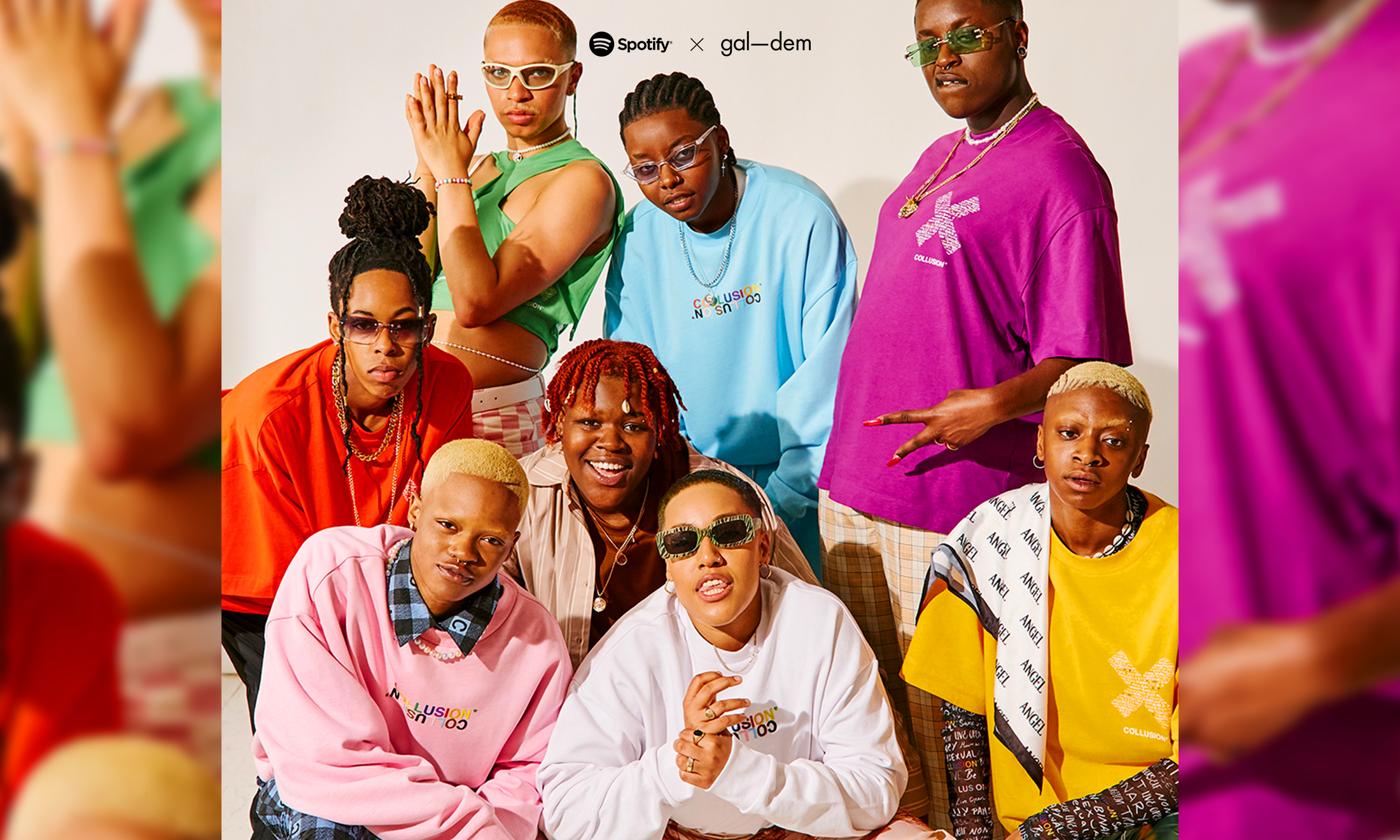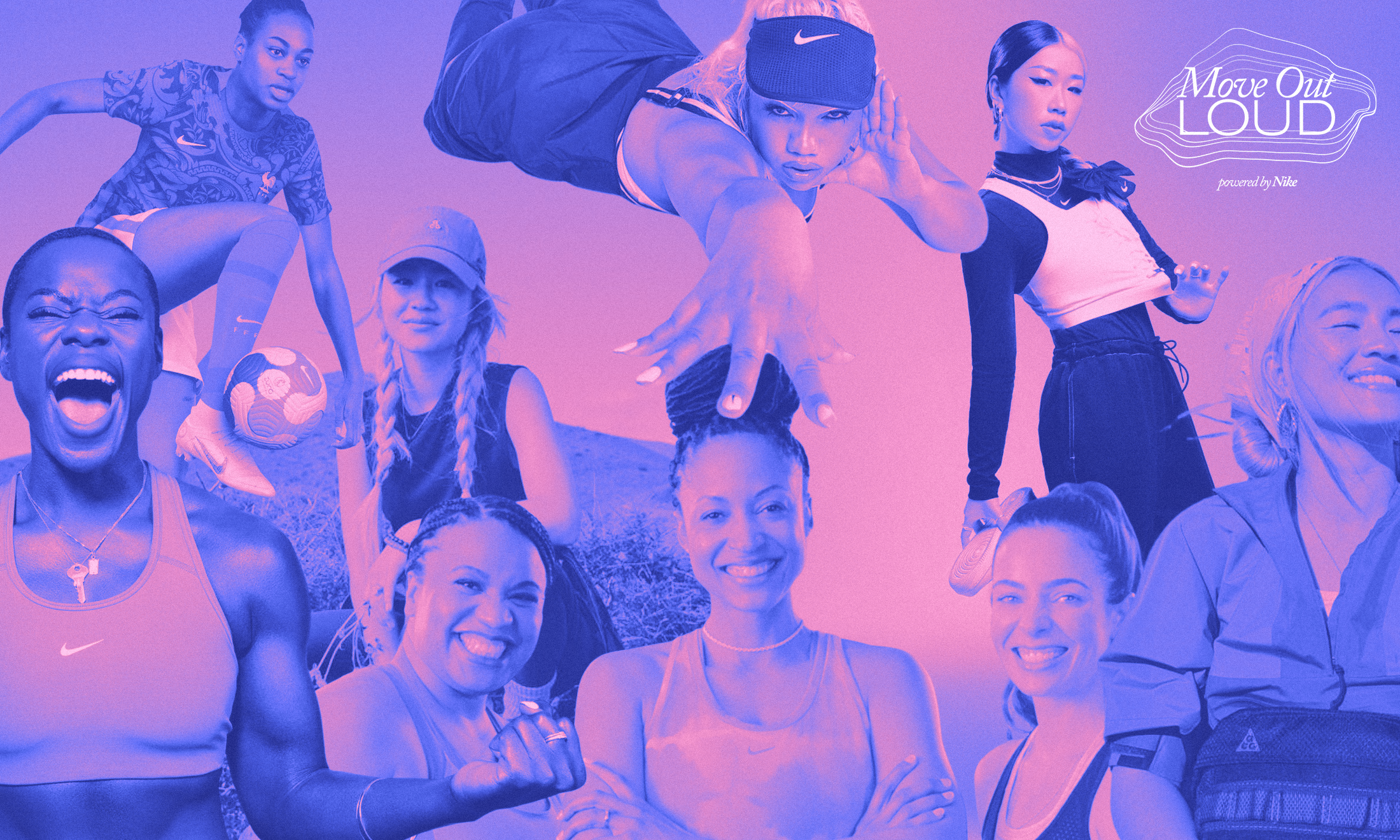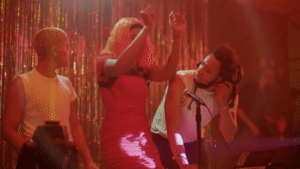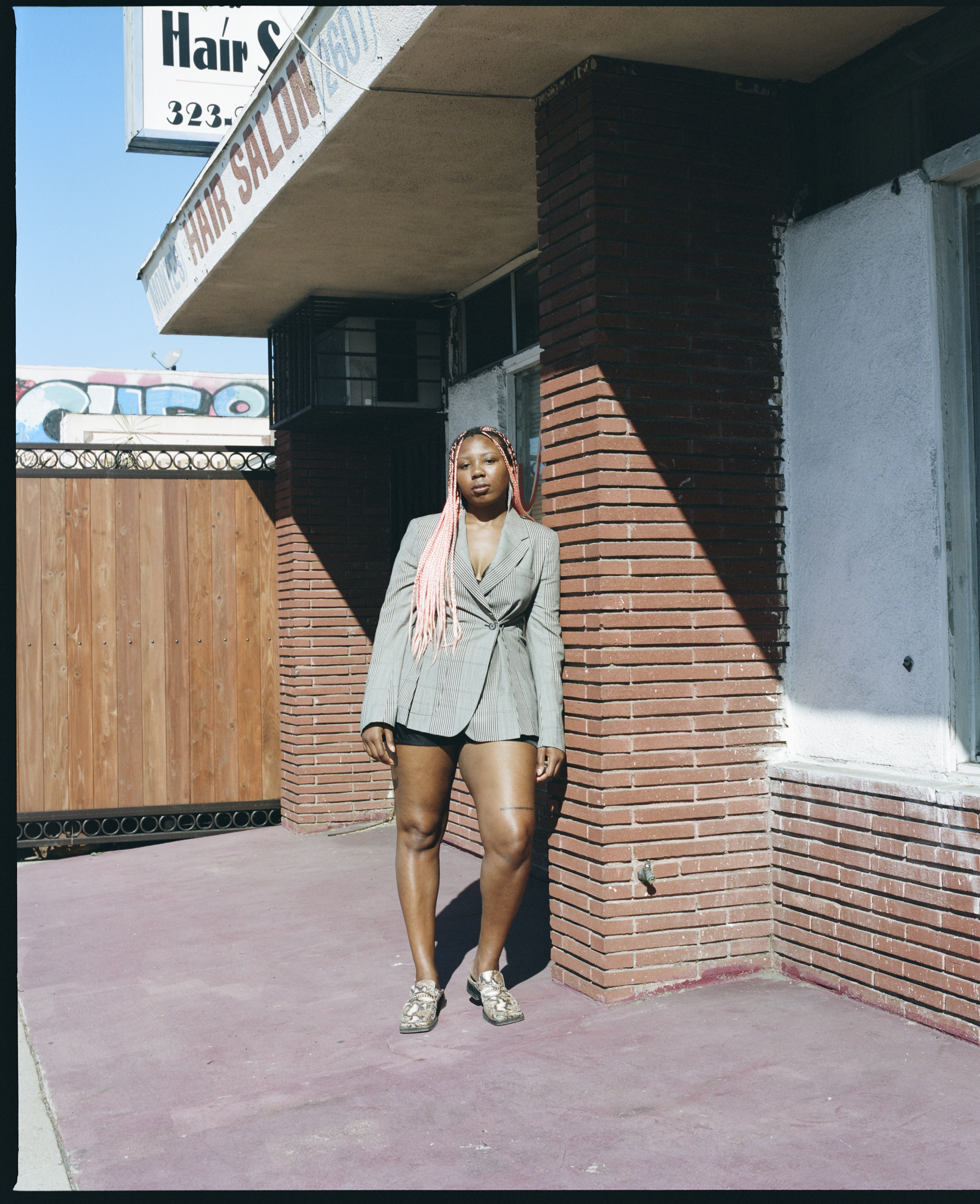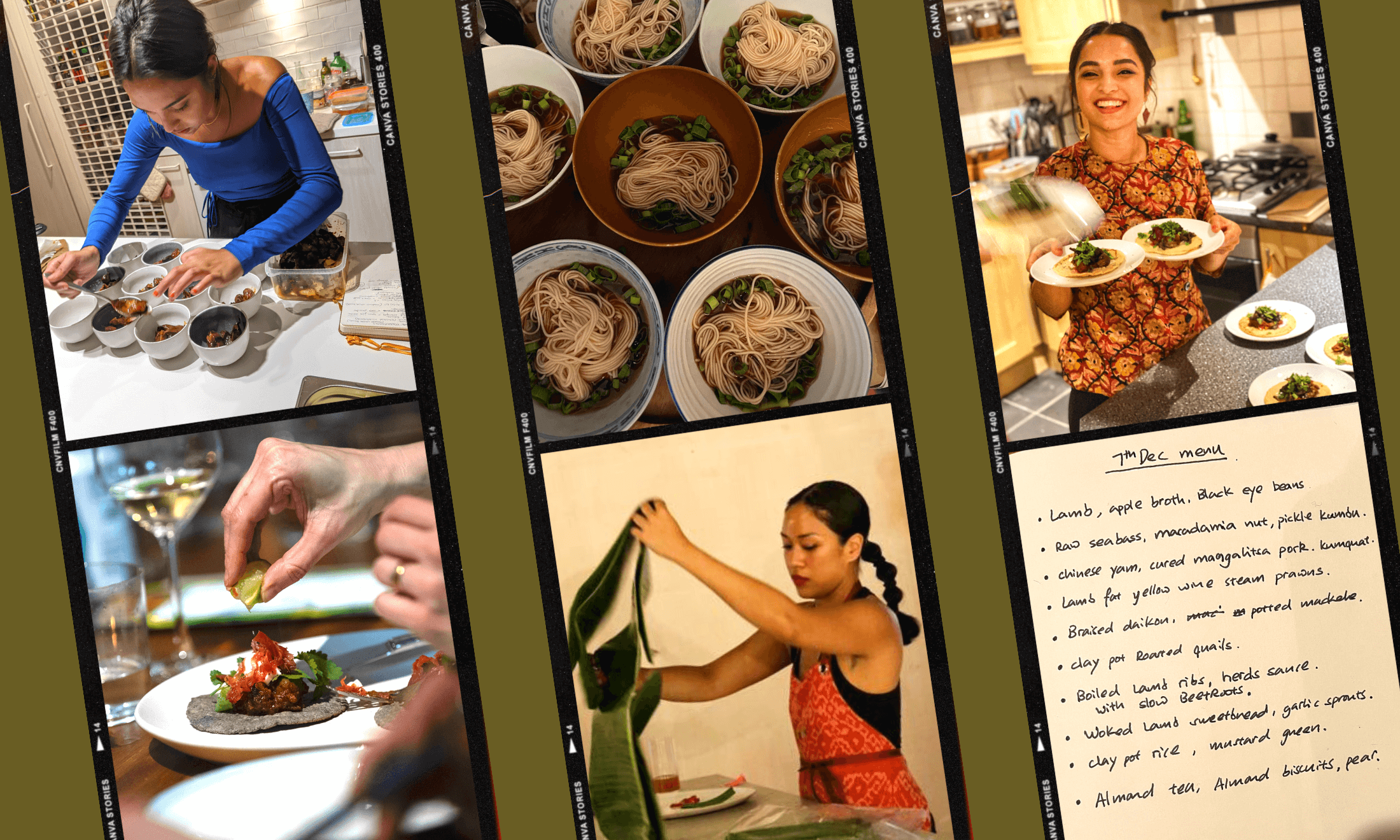When Marsai Martin shared the power of spoken word for Mandela Day
The Black-ish actor linked up with YouTube’s Black Voices Fund and non-profit Urban Word to help a young poet use her voice.
Lisa Insansa
11 Aug 2022
In partnership with YouTube.
Poetry is the medium for passing on our experiences throughout time. With many of our histories being exchanged through oral storytelling, our voices have acted as a foundation for keeping our cultures alive, especially as racialised people, who have had to fight against colonial views of respectability in communication. Through black storytelling traditions, we can take inspiration from freedom fighters that have come before us like Queen Nzinga, Nanny of the Maroons and Olive Morris.
Another freedom fighter we can learn from is Nelson Mandela. As we celebrate Mandela Day, an annual commemoration of Mandela’s legacy, which falls on his birthday, we can look to Mandela’s use of spoken word to deliver speeches and galvanise the masses. Each year on Mandela Day, people take part in acts of service which inspire change, whether it’s grassroots community work, planting trees or protesting.
This year, YouTube’s Black Voices Fund has teamed up with The Mandela Foundation on an original series that highlights the Mandela Day 2022 theme: “do what you can, with what you have, wherever you are.” Known as The Mandela Project, the series sees six famous faces head out into communities to meet people who embody this spirit through their words and actions.
“With many of our histories being exchanged through oral storytelling, our voices have acted as a foundation for keeping our cultures alive“
One of the episodes in the series focuses on the power of poetry as a tool for social change. It follows 17-year old Black-ish actor, entrepreneur and producer Marsai Martin as she coaches a young spoken word artist of the same age called Navaeh. The aspiring artist battles a lack of confidence as she prepares to share her poetry for the first time in a slam performance.
To get ready for the slam, Naveah joins five other black poets in a workshop hosted by Urban Word. The non-profit aims to empower the younger generation to be assertive and comfortable in their voices, on stage and in their everyday lives. Shanelle Gabriel, a poet, educator and founder of Urban Word, delivers a poem about Nelson Mandela in the episode and shares why it’s so important for black women, especially, to have their voices heard. She says: “When you add the intersection of both being a woman and oppressed and being a black person and oppressed, and mix those two together, you have an extremely marginalised population.”
While black writers and poets, and black women writers and poets in particular, are underrepresented in the traditional literary canon, there is a legacy of using our words and voices to highlight our experiences and fight against the patriarchy. This legacy encompasses writers and poets like Phylis Wheatley, Maya Angelou, Audre Lorde and Warshan Shire.
As Audre wrote in her essay, Poetry Is Not a Luxury, “[poetry] is a vital necessity of our existence […] It forms the quality of the light within which we predicate our hopes and dreams toward survival and change, first made into language, then into idea, then into more tangible action.”
“It’s important that we take back the power of our voices and we express ourselves so that other young girls across the world are able to see [us]“
Winter BreeAnne
Particularly for black women and other marginalised genders, the ability to share our thoughts, feelings, opinions and plight, to share messages that spill with autonomy and authenticity is empowering and freeing. And, as Lorde notes, poetry and spoken word can be a step towards real change, towards making a difference for ourselves and those around us.
This is echoed in The Mandela Project, where Winter BreeAnne, a young black activist, organiser and student based in California explains, “it’s important that we take back the power of our voices and we express ourselves so that other young girls across the world are able to see [us], to hopefully inspire them to be whoever they want to be.”
The episode also features words and appearances from filmmaker and musician Femi Nylander; CEO of The Black Curriculum, Lavinya Stennett; and Ndaba Mandela, Nelson Mandela’s grandson, who provides insight into his grandfather’s legacy throughout the series.
As black people continue to be oppressed, the power of our voices is a vital tool in our empowerment and the struggle for equality. Mandela is someone who exercised this power to emancipate black people from an apartheid state and to eventually become president. Let’s take from those that came before us, while listening to the chimes of our experiences today and in our futures. As Naveah states in The Mandela Project, “Here I am. I have a voice, a message, a purpose too essential to let slip.”
This Mandela Day, YouTube’s Black Voices Fund is honouring the late South African president and anti-apartheid activist with an original series celebrating Black creators, music and culture. ‘The Mandela Project’ follows six famous faces as they head out into communities to meet people who are making a difference and keeping Mandela’s legacy alive. In one episode, actor Marsai Martin helps a young poet find the confidence to share her work. Watch the show in full at the top of the page or on YouTube here.


